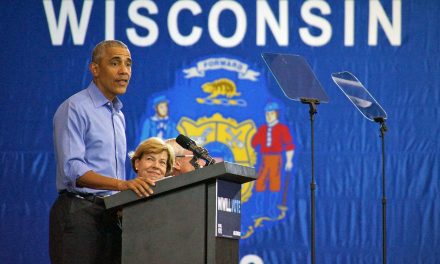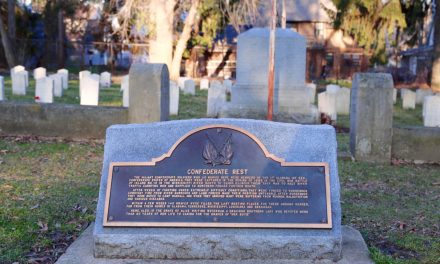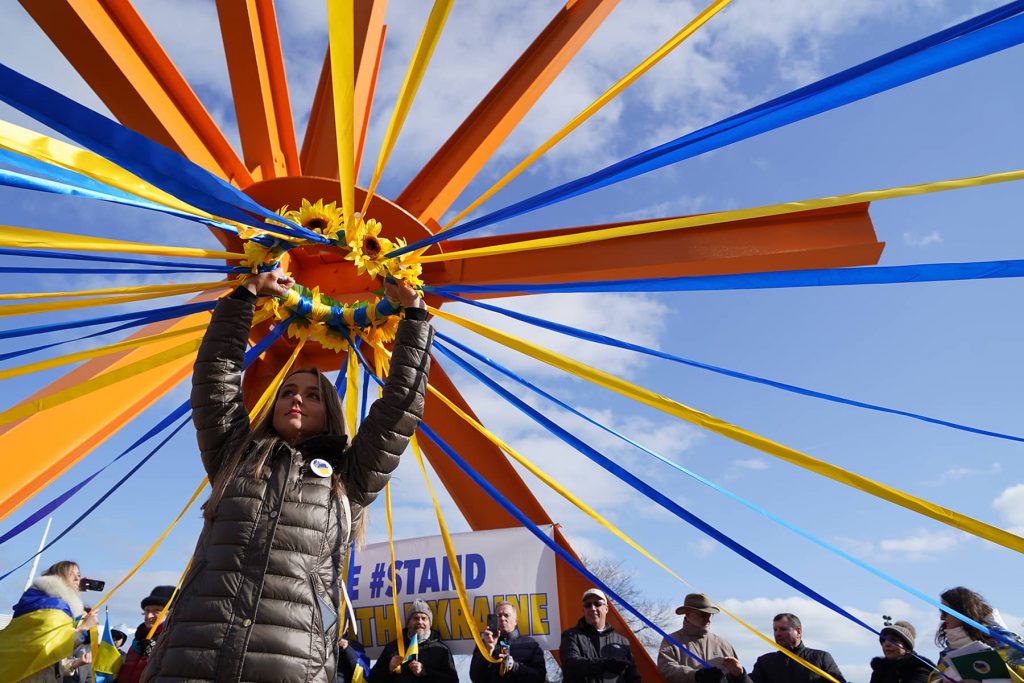
Fully two-thirds of Wisconsin counties have now passed fair maps resolutions, representing more than 70% of the state’s population.
These resolutions call for the Wisconsin State Legislature to reform the legislative and congressional map-drawing process by utilizing nonpartisan Legislative Reference Bureau staff and prohibiting the use of partisan data, among other changes.
“Beyond any doubt, the people of Wisconsin recognize the problem gerrymandering creates for a representative democracy,” said Erin Grunze, executive director of the League of Women Voters of Wisconsin. “People across all political spectrums are aware of how politicians are rigging the maps to secure their seats. Voters are disappointed with the current system and demand a fairer process of drawing the maps be put into place in Wisconsin. It’s time our legislators listen.”
These reforms are based upon a process effectively used for decades in Iowa. A recent Marquette University Law School poll demonstrated 72% support for this reform.
“The fact that two thirds of Wisconsin’s 72 counties, many of them ‘red,’ are now on record in support of ending partisan gerrymandering, demonstrates the deep, grassroots support across the state, for fair voting maps and against rigged elections,” said Jay Heck, executive director of Common Cause in Wisconsin.
Wisconsin’s maps are widely recognized as among the most rigged in modern American history, as shown in evidence introduced in a federal court challenge to the maps, Whitford v. Gill.
Although the US Supreme Court eventually ruled that states must address partisan gerrymandering through their state courts and legislatures, a federal court did initially rule that the evidence overwhelmingly showed Wisconsin’s maps were manipulated to advantage Republicans. Other states have seen Democrats rig the maps in their own favor.
“The people of Wisconsin are sick and tired of the rigging of our political system,” said Matt Rothschild, executive director of the Wisconsin Democracy Campaign. “Loud and clear, the citizens of this state are demanding action, now, to ban gerrymandering once and for all. Manipulative politicians who stand in the way of this immensely popular democratic reform will risk losing their jobs.”
The Coalition is sponsoring a Fair Maps for Wisconsin Summit for individuals and organizations across Wisconsin to gather, in Marshfield on November 9, 2019. The summit will bring together national and statewide speakers, provide time for organizers to develop local strategies, and ensure citizens across Wisconsin have a toolkit to hold elected officials accountable.
“The majority of Wisconsinites understand that our gerrymandered maps are leading to the decay of our democracy,” said Dana Schultz, executive director of Wisconsin Voices and co-chair of the WI Fair Maps Coalition. “It’s time our legislature understood that, too. We’re calling on all Wisconsinites to contact their state senators and representatives and tell them to support AB 303 and SB288. Now is the time to demand a nonpartisan process for drawing fair maps.”
The WI Fair Maps Coalition strongly supports the legislation to make Wisconsin’s map-drawing process independent. The bills, AB303 and SB288, were introduced by lead authors Representative Robyn Vining (D-Wauwatosa) and Senator Dave Hansen (D-Green Bay), along with dozens of co-sponsors, including four members of the majority party. The Coalition currently has more than 15 organizational members and hundreds of individual supporters, and welcomes new organizational support.
“If you want to join this movement, reach out to us and help get politicians to do their job and stop gerrymandering,” said Sachin Chheda, director of the Fair Elections Project and chair of the WI Fair Maps Coalition. “The people don’t want to see manipulating and rigging of the redistricting process. We the people are in charge here, and a broad bipartisan majority wants to see the era of corruption and partisanship end.”
The Wisconsin Fair Maps Coalition has more than a dozen participating organizations, all of whom have endorsed a nonpartisan process for redistricting based upon the “Iowa Model.”
Written By
Wisconsin Fair Elections Project














